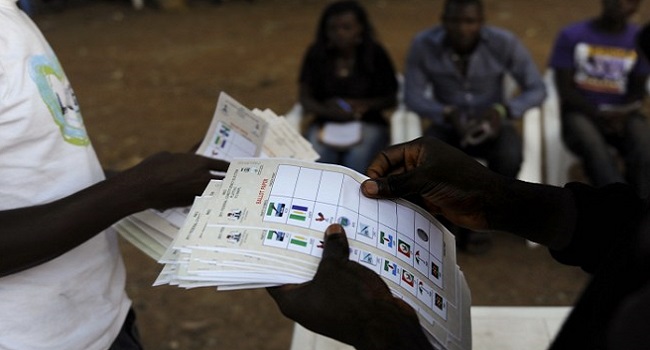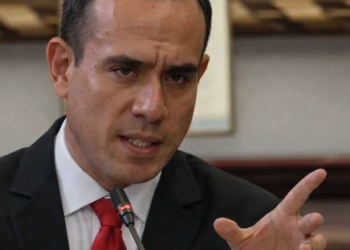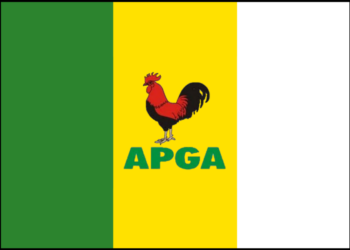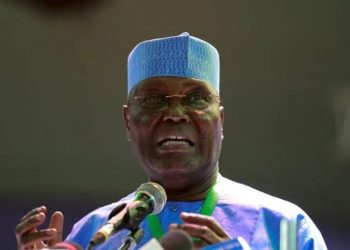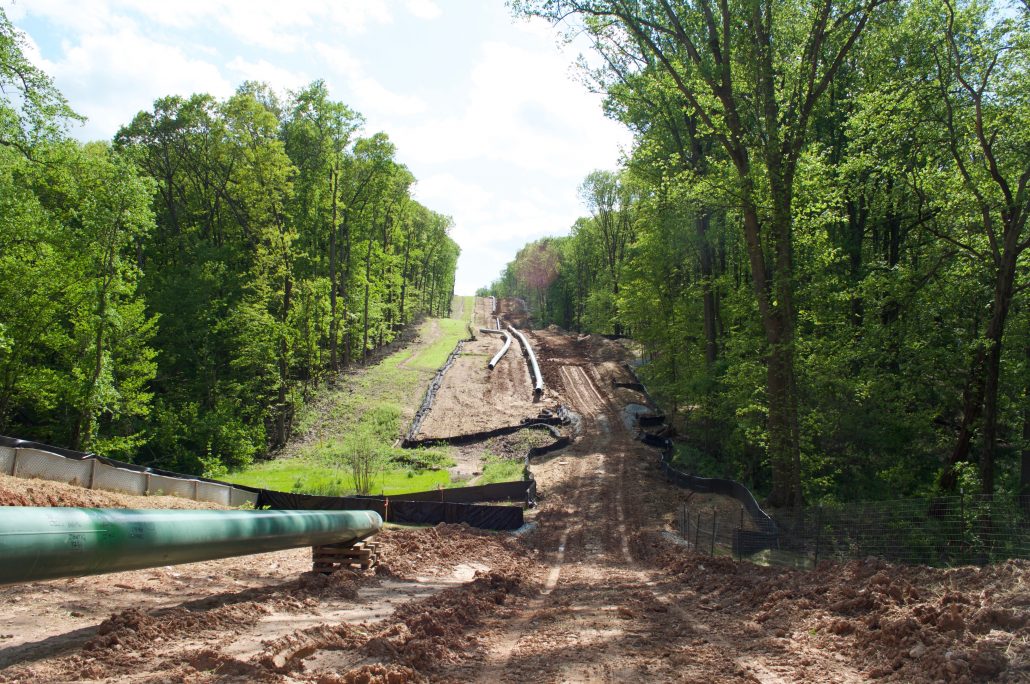The Anambra governorship election on Saturday, November 8 was marred by flagrant vote-buying that overshadowed a significant and hard-won voter turnout, reducing the political process to a tawdry bazaar where the governorship was hawked to the highest bidder.
The scale of the electoral fraud was so brazen that it prompted a scathing, on-the-ground indictment from former presidential candidate Peter Obi, who lamented Nigeria’s “deteriorating democracy” as he witnessed votes being openly purchased for paltry sums.
The Stakes & The “Contest”
This election was a pivotal test for Nigeria’s electoral system under new INEC leadership. The main contenders were:
- Professor Chukwuma Soludo, the incumbent Governor seeking re-election under the All Progressives Grand Alliance (APGA).
- Dr. Nicholas Ukachukwu, a veteran businessman running for the All Progressives Congress (APC), who aimed to break APGA’s long hold on the state.
- Chief George Moghalu, the Labour Party (LP) candidate and former Managing Director of the National Inland Waterways Authority (NIWA).
- John Chuma-Nwosu, the candidate of the African Democratic Congress (ADC).
While 16 candidates were on the ballot, the race was widely seen as a fierce, two-horse battle between the incumbent Soludo and the APC’s Ukachukwu.
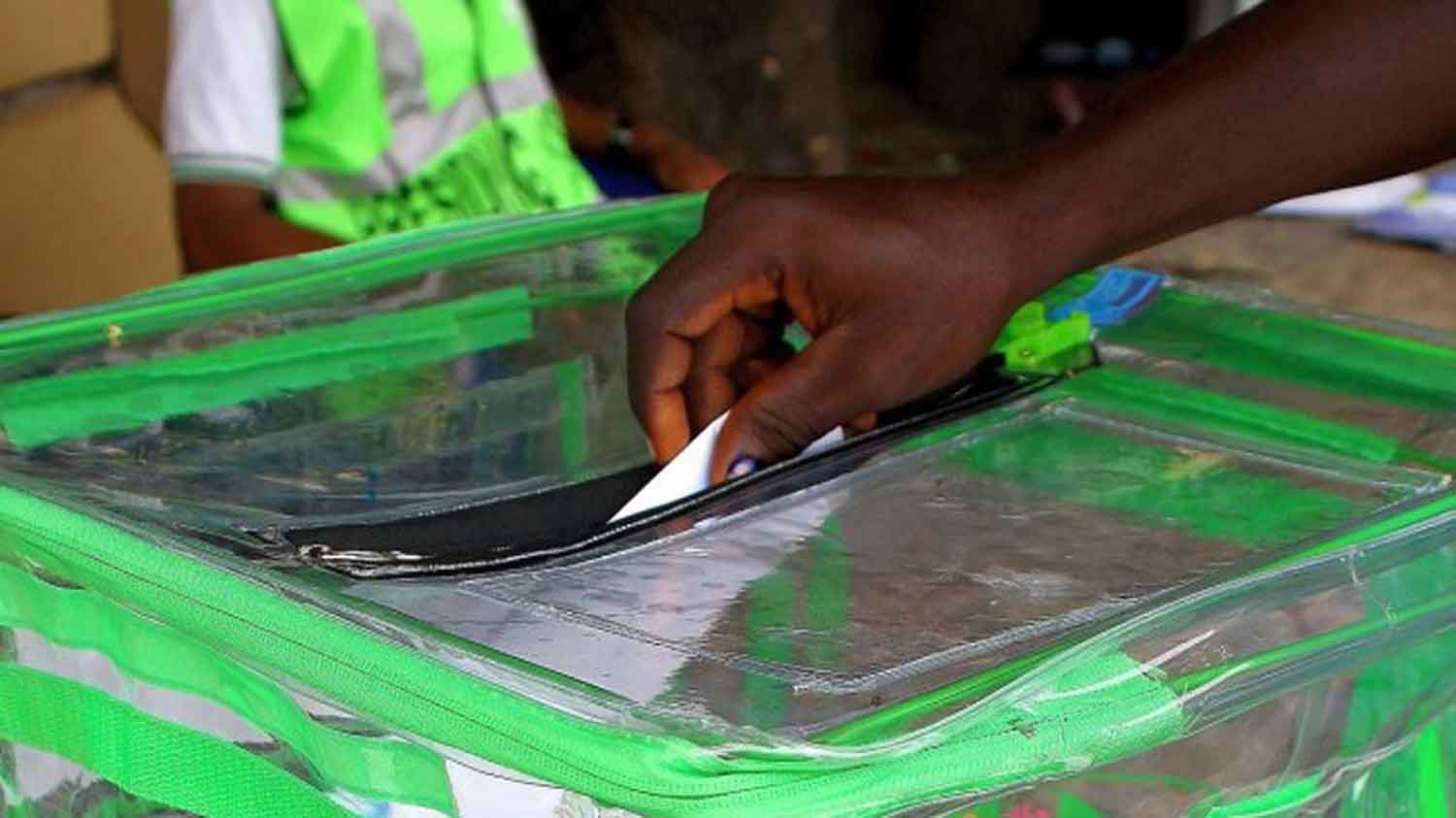
The “Cash and Carry” Marketplace
Across the state, the election was defined by open financial coercion.
In Onitsha North, party agents from APGA turned polling units into bidding grounds, with votes going for N20,000 apiece.
In Awka North, the situation was even more chaotic. An APGA chieftain at Polling Unit 003 was reported wooing voters with N10,000 cash, while in the adjacent Polling Unit 004, agents from both APGA and APC were in a “tug of war,” each said to be offering the same N10,000 bribe.
In Anambra East, APC party agents were seen seated strategically behind voting cubicles, writing down the names of their members who had voted, promising them a “token” for fulfilling their part of the transaction.
EFCC and security officials mounted only a feeble response to the brazenness at locations like Aroma Junction in Awka South, but their presence did little to deter the widespread practice. In one alarming incident in Ihiala, an election observer had their phone snatched after attempting to document vote-buying.
Witnessing this spectacle, Peter Obi did not mince words. After casting his vote at his Agulu polling unit, he delivered a furious condemnation.
“Our democracy is deteriorating, and unfortunately, those who are benefiting from bad governance seem to be fueling it,” Obi stated. “Someone who is not employed collects N30,000 for his vote, that means you have sold your school, your hospital, your job opportunities and selling away your future. That is what is very worrisome about our democracy”.
He starkly contrasted the situation with other West African nations, declaring, “I haven’t seen something like this happening. This must stop”.
The Early Scoreboard
Amid the chaos, early results began to trickle in, showing a commanding lead for the incumbent. As of 2:00 PM, the figures were:
- APGA (Soludo): 180,178 votes
- APC (Ukachukwu): 95,963 votes
- LP (Moghalu): 37,495 votes
This early advantage for APGA, while significant, is now shrouded in the dark cloud of systematic vote-buying, raising urgent questions about the legitimacy of the outcome.
Why It Matters
Let’s call this what it was: not an election, but a corporate takeover of democracy. Anambra didn’t choose a governor; it priced one. The record turnout of voters—a testament to the enduring hope of the people—was met not with respect, but with a cynical, calculated assault on their dignity. Politicians who created poverty through catastrophic governance then weaponized that poverty, using N20,000 and N30,000 notes as the price tags on the future of an entire generation.
Peter Obi’s lament is best described as a eulogy for a process that has lost its soul. APGA’s early lead is proof that in a system where integrity is bankrupt, the candidate with the most sophisticated financial operation wins.
INEC’s new leadership promised a new era, but its failure to curb this open bazaar confirms its role not as an impartial umpire, but as a passive auctioneer. Until this “cash-and-carry” model is confronted not as a glitch but as the core corruption it is, Nigerian democracy will remain a sick, expensive joke, and elections will be nothing more than periodic fire sales of the nation’s soul. And after this Anambra auction, the soul of Nigerian democracy has never had a lower asking price.

